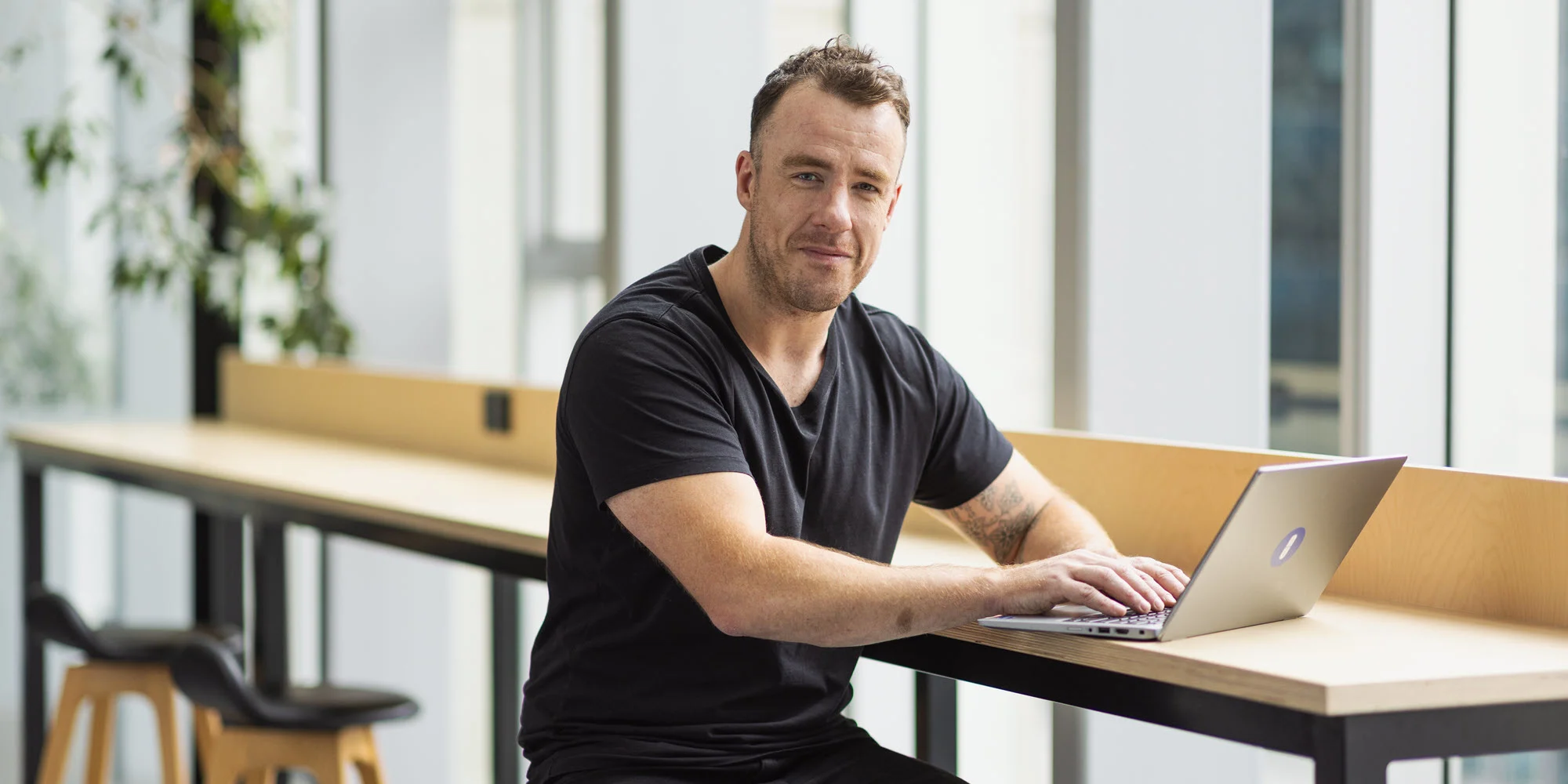How to become a biomedical engineer
Work at the junction of biology, engineering and medicine to improve patients’ lives with equipment and devices.
Pathways to this career
Study a related course. An undergraduate degree in Biomedical Science, Biomedical Engineering, Electrical Engineering, Mechanical Engineering or Physics will all set you on the right track.
Seek out work experience opportunities during or after your studies.
Advance your career by studying a postgraduate degree in biomedical engineering.
What does a biomedical engineer do?
Biomedical engineers are STEM professionals who apply their knowledge of biology and technology to design healthcare devices. They innovate, design, and create medical technology breakthroughs that help people around the world live better lives.
Duties and tasks
Design prosthetics to replace missing body parts.
Improve on surgical devices and systems for safer medical procedures.
Create internal implementation devices to support and manage illness.
Design diagnostic equipment to help healthcare professionals monitor patients.
Produce documentation and training for people to use biomedical equipment and devices.
Conduct research, write reports, and publish findings.
Industry bodies
Related jobs and job titles
Forensic engineer
Prosthetist
Discover related science degrees
Undergraduate Certificate in Health Sciences
UndergraduateCUR-CHS-CTF
Take your first step towards a career in health—including nursing
Start building your foundational knowledge of human health and healthcare. Explore human bodies. Get to know health practice. For graduates of this online health course, the pathway to health careers and further studies is open wide.
- Study method
- 100% online
- Duration
- 6 months full time or part time equivalent
- Entry requirements
- No ATAR required. Start with a subject.
UndergraduateMAQ-HEA-DIP
Begin your health studies journey
Skill up with professional practices and knowledge for a future in health sciences. Learn about human structure and function. Explore lifestyle and social factors that shape wellbeing. Graduate ready to progress into a degree or start your health career.
- Study method
- 100% online
- Duration
- 1 year full time or part time equivalent
- Entry requirements
- No ATAR required. Start with a subject.
UndergraduateLAT-HSC-DEG
Explore health from many perspectives
The field of health is diverse. This online health course offers broad majors, minors, and work based learning to focus your skills and get real-world experience. From psychological science to public health, the choice is yours.
- Study method
- Online & on-campus
- Duration
- 3 years full time or part time equivalent
- Entry requirements
- No ATAR required. Start with a subject.
Available majors
- Digital Health,
- Environmental Health,
- Health Promotion,
- Health, Wellbeing and Performance,
- Psychological Science,
- Public Health,
- Rehabilitation Counselling
Graduate Certificate in Medical Sciences
PostgraduateUND-MSC-GCE
Graduate with the opportunity for a pathway to medicine
This postgraduate medical course provides an overview of the human body and how it works. Study core scientific topics including human anatomy and molecular biology. Learn online, work in small groups, and observe and conduct simple experiments.
- Study method
- 100% online
- Duration
- 6 months full time or part time equivalent
Discover related science subjects
UndergraduateCUR-HUMB1000
- Study method
- 100% online
- Entry requirements
- No ATAR required. Start with a subject.
- Start dates
- Starts 2 Mar 2026, 31 Aug 2026
Enrolments open until 5 Mar
Foundations for Professional Health Practice
UndergraduateCUR-CMHL1000
- Study method
- 100% online
- Entry requirements
- No ATAR required. Start with a subject.
- Start dates
- Starts 2 Mar 2026, 31 Aug 2026
Enrolments open until 5 Mar
Complementary Medicine Foundations
UndergraduateTUA-CMF105A
- Study method
- 100% online
- Entry requirements
- No ATAR required. Start with a subject.
- Start dates
- Starts 16 Feb 2026, 1 Jun 2026, 14 Sep 2026
Anatomy and Physiology of the Head, Neck and Thorax
UndergraduateTAS-CXA112
- Study method
- 100% online
- Entry requirements
- No ATAR required. Start with a subject.
- Start dates
- Starts 23 Feb 2026, 6 Jul 2026
Need help making study choices for your career?

Need help making study choices for your career?
Our student advisors will turn your aspirations into a clear study path.
They'll help you with:
Choosing and enrolling in the right course for your desired career, including pathway options.
Mapping a study plan that allows you to balance work and home commitments.
Understanding eligibility for funding, including HECS-HELP loans.
Get unbiased advice at no cost today.
Looking for other ways to start the conversation? Contact us
Step up your career with these resources

How to write a business plan
Thinking about striking out on your own and starting your own company? Here's how to create an effective business plan.

5 small business courses for self-starters
Whether you’re a small business owner or plotting away at a side hustle, there are many online business courses to choose from to help you get in touch with your entrepreneurial side and launch your ideas off the ground.

How to negotiate a higher salary
Not sure what to say when negotiating your salary? Follow these tips from career strategist Kelly Magowan next time you need to make your case with an employer.

Is a career in project management right for you?
Do you get a kick out of thinking big and getting things done? You could make a great project manager.